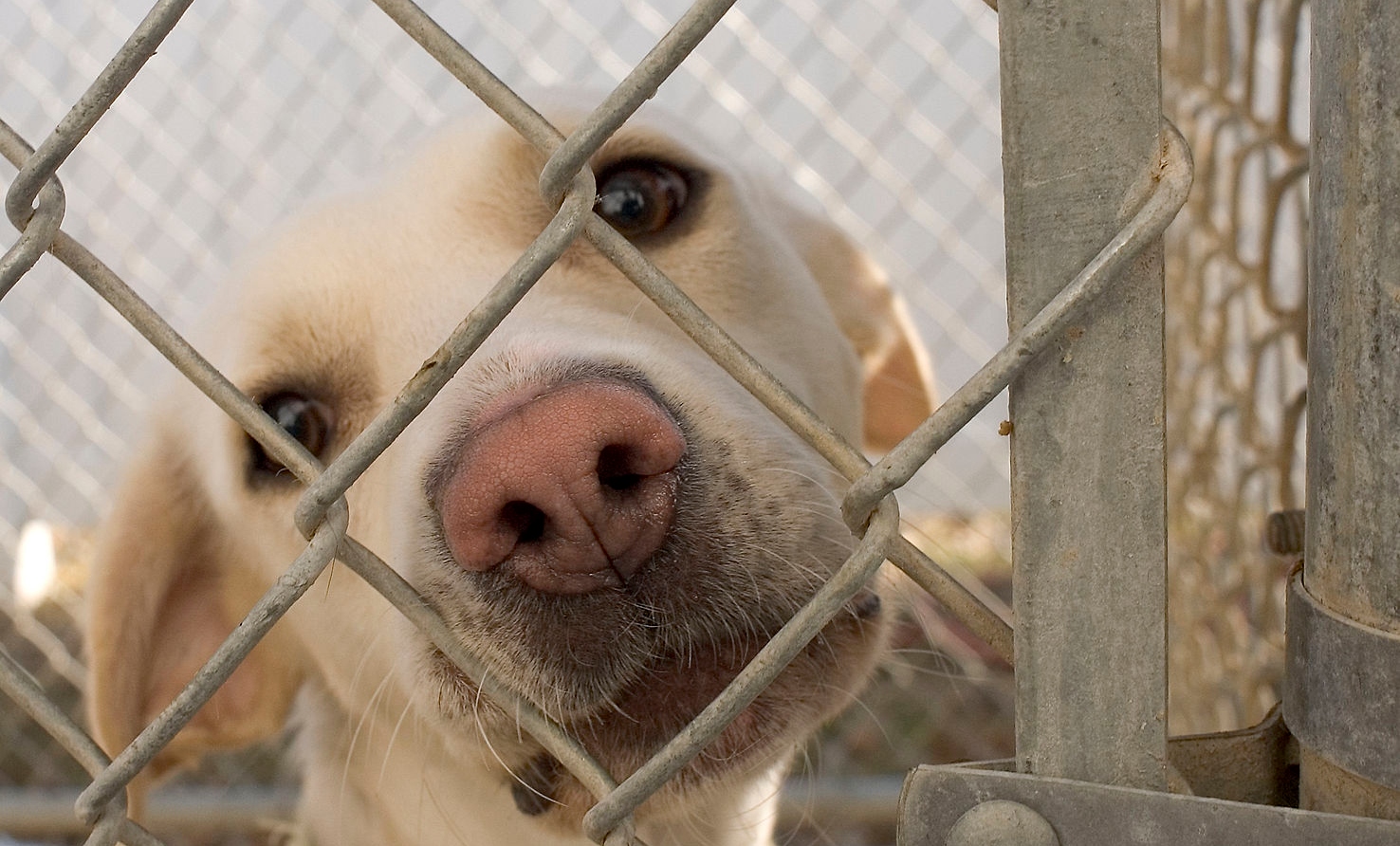
Religious freedom: sword or shield?
By ALLISON HORE
Is freedom of religion under threat in Australia? Christian lobby groups and conservative media commentators seem to believe it is. Whilst protections already exist for people of faith under sections of the Constitution, federal anti-discrimination laws, state-based human rights acts and anti-discrimination laws, our Pentecostal Christian Prime Minister, Scott Morrison, thinks it’s time for a Religious Discrimination Act.
Morrison believes it would “provide more protections for people because of their religious faith or belief.”
Morrison told ABC TV’s 7:30 program: “Religious freedom is a core pillar of our society and it’s not unreasonable, and I think there are many millions of Australians who would like to see that protected and I intend to follow through on that commitment.”
The Prime Minister’s statements come as Rugby Australia player, Israel Folau, was sacked after repeated comments on social media saying gay people would go to hell. The incident has since become central to the public discourse regarding religious freedom.
But, while the Folau saga has undoubtedly stoked the flames of the debate, it certainly wasn’t what sparked it.
The debate for religious freedom really came into the mainstream in 2017, during the marriage equality plebiscite. Religious groups opposing same-sex marriage focused their arguments around a person’s right to disagree with marriage equality. “It’s okay to say no” was the soundbite of the No campaign.
Flames and sparks
It was the Marriage Equality Plebiscite that sparked the Ruddock Review into Religious Freedom. The Turnbull government requested former Attorney General Philip Ruddock to conduct the review as a result of pressure from conservative factions of the Liberal Party and Christian lobby groups.
And just last year, when the recommendations of the Ruddock Review were leaked, religious freedom was again in the public conscious, this time in terms of a religious school’s right to sack staff in same-sex relationships.
During the review, marriage equality groups and unions called for the end of exemptions in anti-discrimination laws that allowed religious institutions to fire people on the basis of their sexuality. Christian Schools Australia, the Anglican Archdiocese of Sydney and the Catholic Church all supported exemptions, and called for a Religious Freedom Act to strengthen their rights under the law.
“If freedom of religion is to remain a legitimate hallmark of Australian education, then the rights of school communities to operate in accordance with religious beliefs must be upheld,” Christian Schools Australia said in their submission.
“This must include the right to choose all staff based on their belief in, and adherence to, the beliefs, tenets and doctrines of the religion concerned.”
Prime Minister Morrison also seemingly supports the rights of religious schools to fire staff or expel students on the basis of their orientation. When asked on 3AW Radio last year about his thoughts on the Law, he responded: “Religious schools should be able to run their schools based on their religious principles.”
But later that day he contradicted this view telling Sky News he was “uncomfortable” with the notion of schools expelling students for their orientation.
“I don’t think if someone’s at a school they should be kicked out because they have a different sexuality to what might be believed to be the appropriate thing by a particular religious group.”
When the question of whether the exemption should be removed was raised in parliament, the decision on how to balance the rights of religious institutions with the rights of LGBTQI+ people was deferred to the Australian Law Reform Commission. Their report is due 2020.
Retaliation or religious protection?
If you’re noticing a trend in the framing of the religious freedom discussion, you’re not alone. Many LGBTQI+ activists have pointed out that the religious freedom debate in Australia is centered around the right to discriminate against or exclude LGBTQI+ people.
Spokesperson for Equality Australia, Lee Carnie, told the Sydney Morning Herald that the proposed Religious Freedom Act was in retaliation for 2017’s successful marriage equality campaign.
“In 2017, the Australian community legitimately and overwhelmingly voted for marriage equality. It’s clear to us that these amendments are payback,” she said.
Over 50 LGBTQI+ advocates, organisations and allies signed a joint statement saying that while they support strengthening protections for people facing discrimination for their religious views – or lack of them – they would not support any legislation that gives religious groups freedom to discriminate.
“We call on the Australian Parliament to introduce laws that appropriately strengthen that shield of protection for people facing discrimination because of their religious beliefs or because they don’t hold religious beliefs,” said the statement.
“Equally, we caution the Australian Parliament against laws that would give some people within society a ‘sword’ to use their beliefs to harm others by cutting through existing anti-discrimination protections.”
The amendments to protect religious freedom are expected to be brought before parliament in the Winter to Spring parliamentary term.









